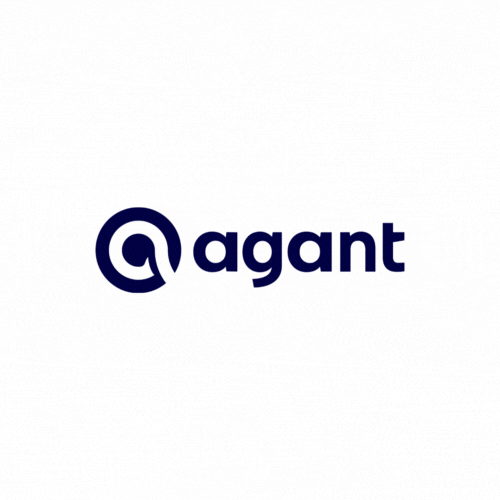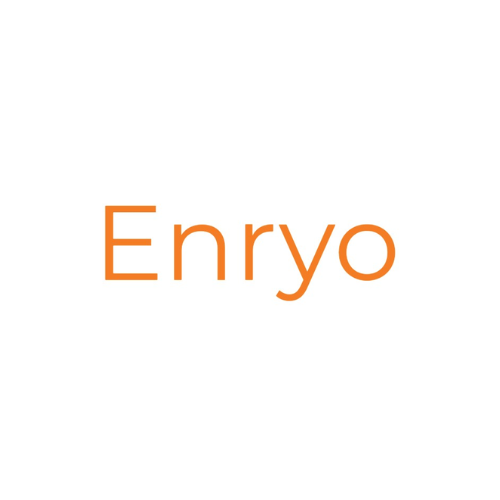Norges Bank, the banking regulator of Norway, recently announced the completion of its fourth round of central bank digital currency (CBDC) studies. However, the findings have somewhat cooled the enthusiasm for introducing a retail CBDC.
In their detailed 20-page report, Norges Bank indicated that the well-developed local payment ecosystem might increase the chances of conducting retail CBDC experiments. The bank suggested that tokenized deposits might serve a similar purpose as a retail CBDC, and it plans to focus future experiments on this concept.
Looking ahead, Norges Bank’s attention is shifting towards wholesale CBDCs, particularly exploring tokenized deposits for interbank settlements. Despite four rounds of testing, the bank remains undecided about launching a CBDC but is optimistic that the upcoming fifth phase, which will run until 2025, will provide more clarity.
This next phase will concentrate on understanding the technical and legal frameworks necessary for integrating a wholesale CBDC into the economy. Key aspects of the fifth stage include drafting a launch plan and investigating the application of CBDCs in securities settlements and tokenized deposits.
Norges Bank Governor Ida Wolden Bache emphasized the need for a careful approach, citing the current efficiency of Norway’s payment system. She mentioned that the decision to advance with CBDCs shouldn’t be rushed.
The bank recognizes the changing macroeconomic environment as a crucial factor in continuing its CBDC research. The report lists several conditions that should be met before considering a CBDC rollout, such as the widespread acceptance of digital assets and stablecoins.
Other influences on the decision to introduce CBDCs might include the potential dominance of BigTech in local financial payments, the risks associated with currency substitution, or the possibility of Norway adopting the digital euro.
Bache noted that the declining use of cash, the rise of new money forms and payment platforms, and the progress of CBDCs in other countries make the introduction of a CBDC more relevant now than when the bank first started researching the topic in 2016.
In early 2023, Norges Bank collaborated with the Bank for International Settlements (BIS) and the central banks of Sweden and Israel on a joint study. This study, named Project Icebreaker, investigated the potential of a CBDC in facilitating cross-border payments. The project showed promise by effectively splitting an international transaction into two domestic payments and using foreign exchange providers to offer competitive rates to the CBDC system, which then selects the most cost-effective option.





























































